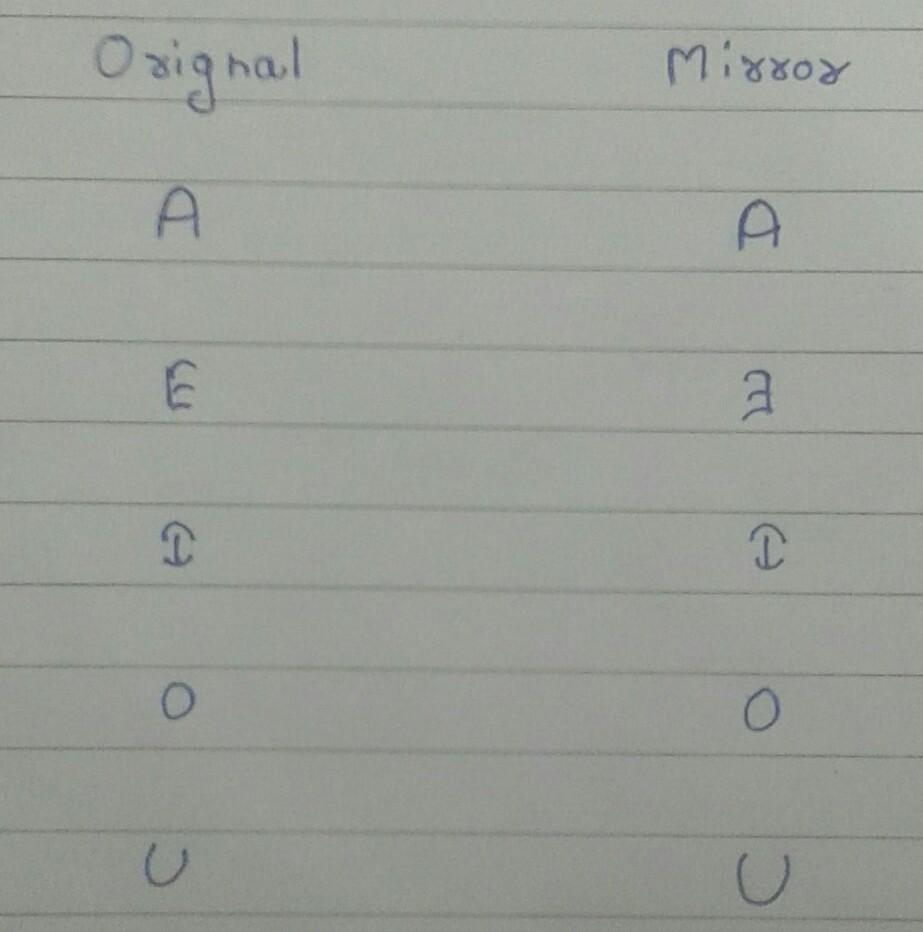History of English Drama Q.1 Fill in the blanks with correct alternative. 1. - is the series of events occurring in a play. (Conflict, Plot) 2. The ---- is the main character in a play. (protagonist, static character) 3. The ---- is to speak to oneself. (monologue, soliloquy) 4. In, character's thought process is expressed aloud. (monologue, soliloquy) 5. ---- is the essence of drama. (conflict, theme) 6. is the main idea or point of a play stated as a generalization. (Theme, Plot) 7. Drama has its origin in theatre. (folk, urban) 8. Romans established in England. (amphitheaters, enclosed theatres) 9. Miracle plays were about the miracles made by --- (saints, Gods) 10. ---- plays aimed at teaching moral values. (Morality, Miracle) 11. ---- introduced blank verse as useful theatrical medium. (Thomas Kyd, Shakespeare) 12. In 17 ^ m century, ---- theatre gained importance. (open air, enclosed) 13. ---- manipulated Elizabethan stage. (Shakespeare, Ben Johnson) 14.- closed the theatres in 1642. (Puritans, Protestants) 15. Comedy of ---- became famous in Restoration period. (Manners, Pathos) 16. Ibsen & G.B. Shaw were the prominent dramatist of theatre. (Modern, Medieval) 17. T.S. Eliot experimented with tragedy in early 20th century. (Greek, Roman) 18. A Treatise on Theatre (Natyashastra) by is the most complete work of dramatology in ancient world. (Bharatmuni, Patanjali) 19. Didactic plays, Miracle plays and Morality plays were performed during --- period. (medieval, renaissance) 20. Kitchen Sink Drama is the characteristic of ---- Era. (Modern, Post Modern) 21. A ---- is a complete story that has to be performed on the stage in stipulated time. (full length play, one- act play) 22. Climax is called as --- point of a one-act play. (turning, continuing) 23. One-act play has ---- characters. (limited, lot of)
Answers 2
यह सब क्या है क्या आपका दिमाग हिल गया है
-
Author:
davispgub
-
Rate an answer:
10
Answer:
HISTORY OF ENGLISH DRAMA
1. Plot is the series of events occurring in a play.
2. The protagonist is the main character in a play.
3. The soliloguy is to speak to oneself.
4. In, monologue character's thought process is expressed aloud.
5. Conflict is the essence of drama.
6. Theme is the main idea or point of a play stated as a generalization.
7. Drama has its origin in folk theatre.
8. Romans established amphitheaters in England.
9. Miracle plays were about the miracles made by saints.
10. Morality plays aimed at teaching moral values.
11. Thomas Kyd introduced blank verse as useful theatrical medium.
12. In 17 ^ m century, open air theatre gained importance.
13. Shakespeare manipulated Elizabethan stage.
14. Puritans closed the theatres in 1642.
15. Comedy of Manners became famous in Restoration period.
16. Ibsen & G.B. Shaw were the prominent dramatist of Modern theatre.
17. T.S. Eliot experimented Greek mythology with tragedy in early 20th century.
18. A Treatise on Theatre (Natyashastra) is the most complete work of Bharatmuni dramatology in ancient world.
19. Didactic plays, Miracle plays and Morality plays were performed during medieval period.
20. Kitchen Sink Drama is the characteristic of post-modern Era.
21. A one- act play is a complete story that has to be performed on the stage in stipulated time.
22. Climax is called as turning point of a one-act play.
23. One-act play has limited characters.
-
Author:
sydneeholden
-
Rate an answer:
8


